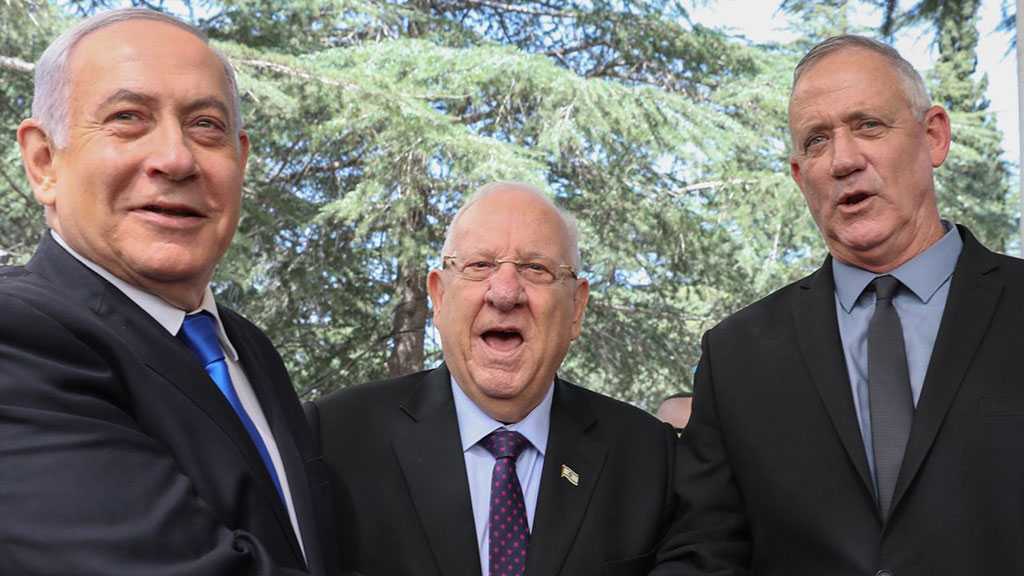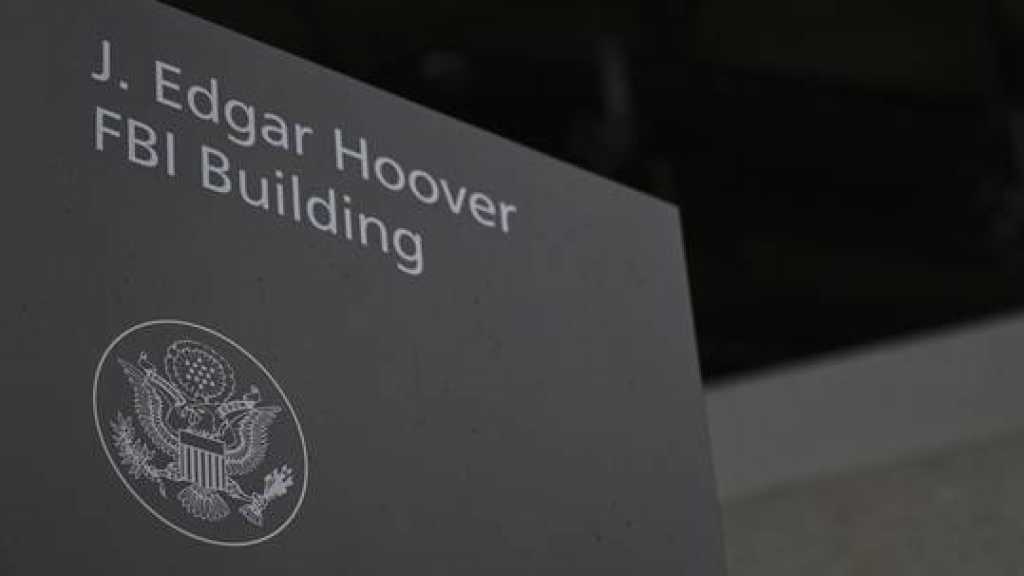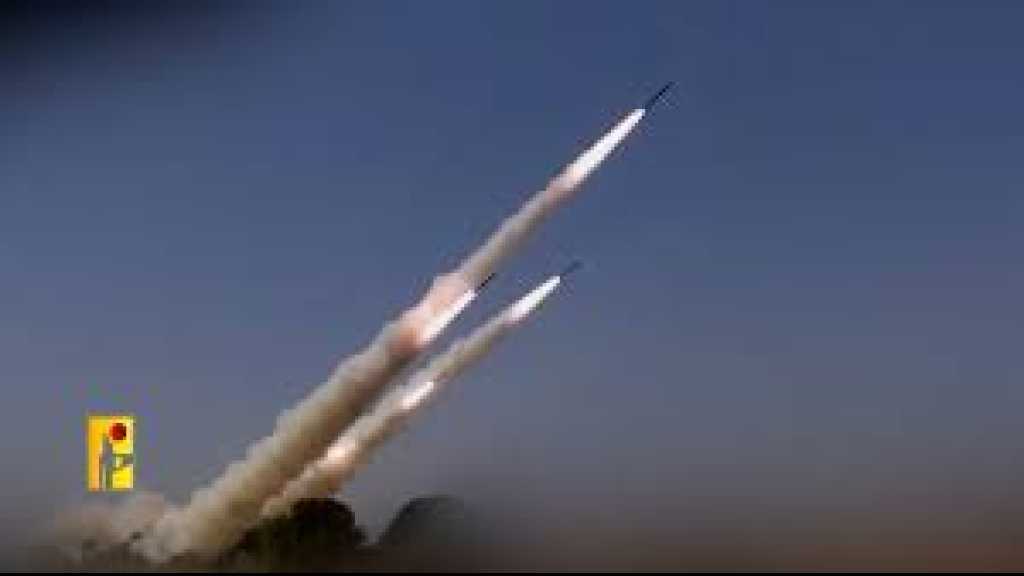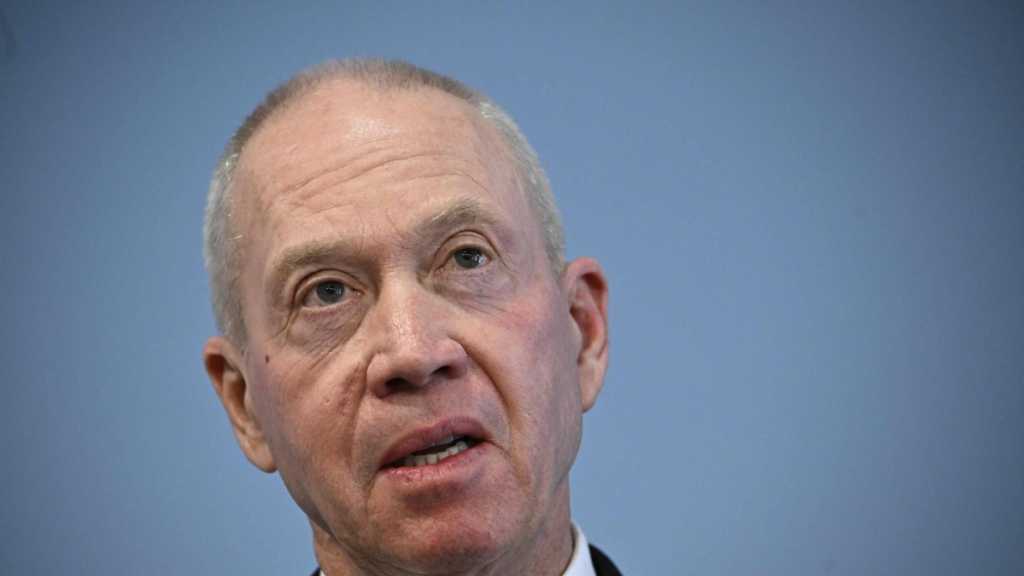
Blue And White Vows Unity Coalition without Netanyahu

By Staff, Agencies
The leaders of Blue and White rejected “Israeli” Prime Minister Benjamin Netanyahu's calls on Thursday to form a government led by him that would also include all his satellite parties on the Right.
Netanyahu signed an agreement with three right-wing and religious parties to negotiate a coalition deal as one bloc, but then called on Blue and White to begin immediate negotiations without preconditions.
At a meeting of his faction in Tel Aviv, Blue and White leader Benny Gantz said it was not serious to come to negotiations with a political bloc.
"Blue and White is the largest party," Gantz said. "We won 33 seats and Netanyahu did not succeed in winning the 61 seats for his bloc that he sought. I will build a broad and liberal government that will deliver the will of the people. We will not surrender to any dictate. The negotiations will be directed by me responsibly and with good judgment."
MK Yair Lapid asked for patience, saying that building a government will take time and that meanwhile, there will be more attempts at political spin that should be ignored.
"The people did not put trust in Netanyahu, so he is trying to replace the people," Lapid said. "The people of Likud are starting to realize it's the beginning of the end for [Netanyahu]. One person is preventing the formation of a liberal unity government."
MK Moshe Ya'alon called upon right-wing and religious parties to shun Netanyahu, saying "With him, it will not happen."
"I was surprised and disappointed that at this time, Benny Gantz still refuses to respond to my call to meet," Netanyahu said. "The president called for unity, and without a meeting between the two major party leaders, it is impossible to form a unity government.
"… ‘Israel’ needs as broad a unity government as possible – not another election and certainly not a government that relies on anti-Zionist parties," he said. "Gantz, the invitation for us to meet still stands. It's what the public expects from us."
Earlier, Netanyahu reached out to Gantz during a speech he gave at the memorial ceremony for former “Israeli” entity president Shimon Peres.
“A broad unity government is what is demanded now,” he said. “I propose that we meet as soon as possible without preconditions to cooperate in establishing a broad unity government ... There is no reason to go to another election. I am against it.”
Netanyahu recalled the unity government between Peres and his Likud rival Yitzhak Shamir when the election results were similarly deadlocked and they rotated as prime minister from 1984 to 1988.
“When there was no clear outcome from the Knesset elections, Shimon chose national unity," Netanyahu said. "He and Yitzhak Shamir agreed to cooperate – to navigate ‘Israel's’ path to safety.”
President Reuven Rivlin, who will be tasked with determining whether Gantz or Netanyahu will have the first chance to form a coalition, spoke of the necessity of ending the deadlock between them and warned against a third election.
“I hear, loud and clear, the voices calling for a broad and stable national unity government and I congratulate you, Mr. Prime Minister, on joining that call this morning," he said. "The responsibility for making it happens falls to you elected officials, especially the leaders of the major parties.”
Starting Sunday, Rivlin will be hosting meetings with the heads of the nine parties that crossed the threshold in Tuesday's election to see who they recommend to head the government.
“It is imperative that we convene as quickly as possible, as soon as the final picture of the votes is clear, in order to work towards forming a government that can serve the State of Israel and the people of Israel again,” Rivlin said. “For my part, I will do everything I can to prevent another general election. But the responsibility for this, as well as the responsibility for forming a government that serves all the citizens of Israel with the dedication it deserves, is yours."
During the event, he stood momentarily in between both Netanyahu and Gantz and clasped both their hands together in a three-person handshake that symbolized the kind of governmental union that could end the electoral deadlock.
“Our current situation, which has gone on for a long time, with a transition government, grievously limits the ability of the government to act and to serve the citizens of Israel – and our ability to face the political, security and economic challenges we face," Rivlin said. “When the factions come to me next week, they will have to explain to me and to all of us what they intend to do to form a government for Israel as soon as possible.”
In a video statement he released, Netanyahu acknowledged that he promised a right-wing government during the election, but said that “unfortunately, the results of the election showed it is not possible. The public did not decide between the two blocs.”
He called on Gantz to meet with him as soon as possible to start the process of forming a coalition together. His office called Gantz’s aides to plan a one-on-one meeting on Thursday.
Netanyahu’s statement came after his meeting with the leaders of religious right-wing parties Yamina, Shas and United Torah Judaism. On Wednesday, the parties agreed to negotiate as a bloc, which amounted to 55 seats as of Thursday morning's as-yet-incomplete vote count.



